Articles
SIRC articles provide evidence-based and actionable insights from sport researchers, athletes, coaches, sport organizations and thought leaders to advance sport in Canada.
Featured Article
Concussions in Sport: What Parents Need to Know About the Youngest Athletes
Each year in Canada, more than 200,000 athletes experience a concussion. The numbers are striking, and so is the fact that until recently, the youngest athletes were almost absent from research and public conversation about these injuries. Dr. Miriam Beauchamp is a professor at the University of Montreal, a researcher at Sainte-Justine Hospital, and Canada…
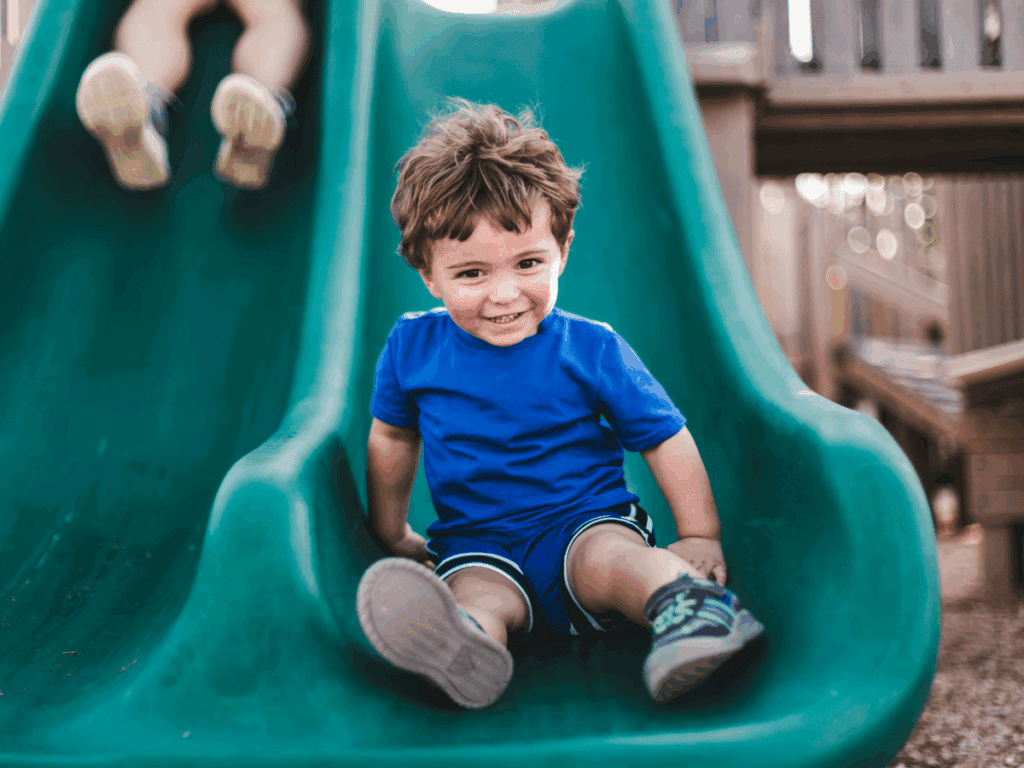
Search Articles

Once considered a fringe activity, weight training has grown in popularity in the last 20 years due to its benefits for improving health, physical fitness, and performance. Weight training is often included in high school physical education classes and promoted...
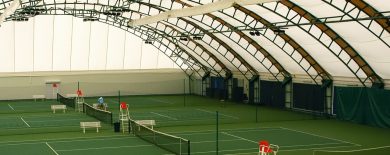
Tennis Canada’s Covered Courts Program – Driven By Data
November 6, 2019
| Valerie Tetreault
Tennis Canada’s mission is to lead the growth of the sport in the country. That mission can only be accomplished with more individuals playing more tennis more frequently. However, to increase participation rates, one important barrier needs to be addressed...

Parents and Teachers – Allies in Physical Literacy
October 4, 2019
| Ian Robertson, Coquitlam School District
With students settled into new classes with new teachers, many families find themselves considering how to best support student success across the school day. Physical literacy is becoming an integral facet of Physical and Health Education curricula across the country,...

If you build it, those with vouchers will come
July 31, 2019
| Luke Potwarka, University of Waterloo
In 2015, the Town of Milton, Ontario, constructed the $56 million Mattamy National Cycling Centre, which hosted the Toronto 2015 Pan Am/Parapan Am Games’ track cycling competitions. The Mattamy National Cycling Centre is the only indoor 250m cycling track velodrome in...
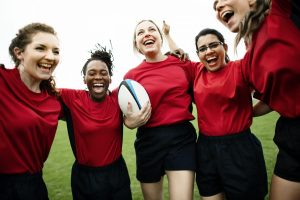
Supporting the Transfer and Application of Life Skills Beyond Sport
July 24, 2019
| Sara Kramers & Corliss Bean
This is the third and final blog in a series on positive youth development in sport. If this is your first visit to this series, considering taking a few minutes to read the other two posts: Tips on How to...
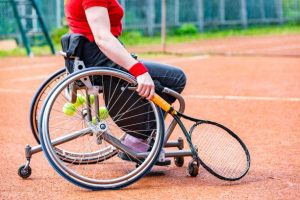
Is Accessibility Enough? How to Create Quality Experiences in Parasport
July 18, 2019
| Veronica Allan, York University
In 2006, the United Nations endorsed the Convention on the Rights of Persons with Disabilities (CPRD) — a landmark convention that protects the right to participation in variety of social domains, including sport activities, venues, and services. The CRPD has...

Women’s World Cup 2019 – About More than Just Soccer
June 27, 2019
| Sabrina Razack, University of Toronto
Since June 7, 2019, televisions, radios and mobile phones around the world have been tuned in to the Women’s World Cup. And while the play on the field has amazed, inspired and delighted us, the Women’s World Cup has also...
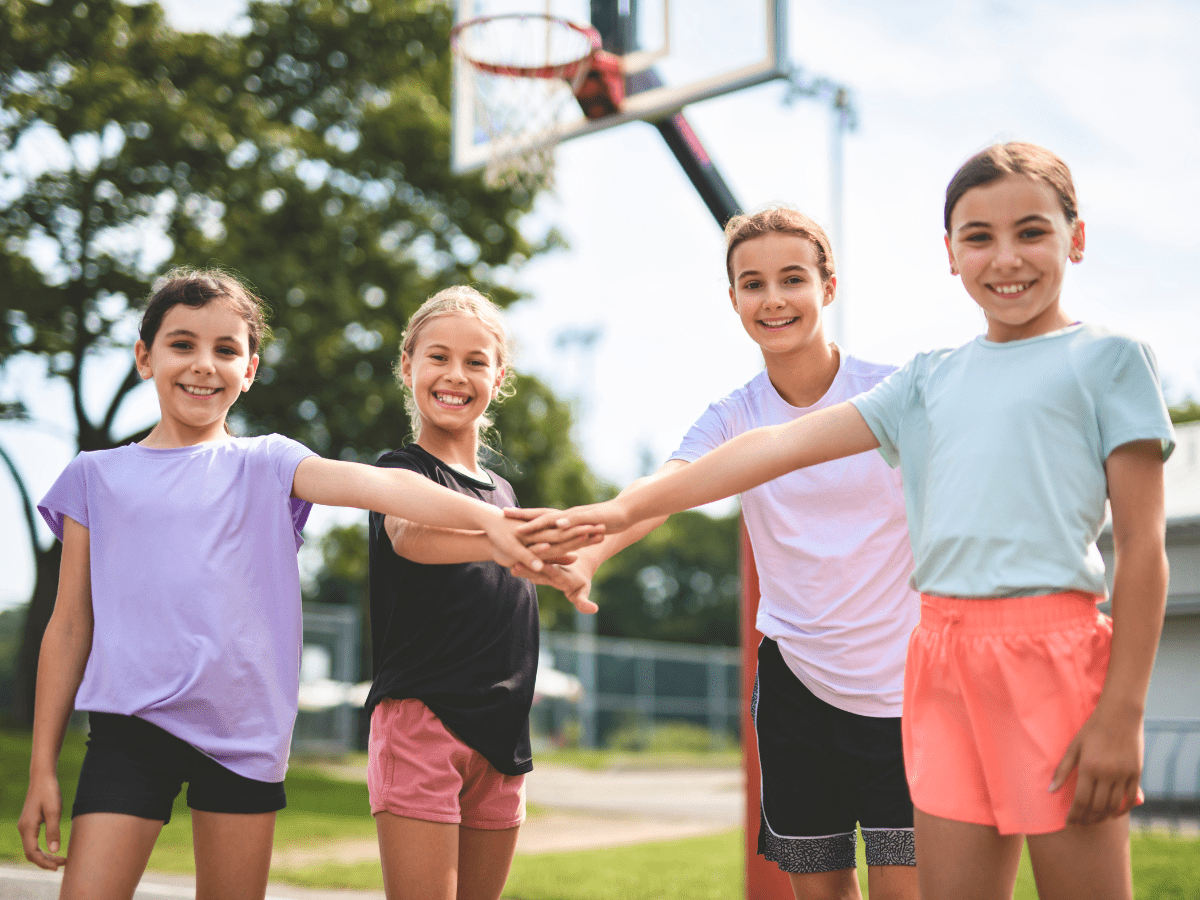
Developing Executive Functions and Social Emotional Learning Through Sport
May 8, 2019
| Vicki Harber
This blog was adapted from a SIRCuit article written by Dr. Vicki Harber. For the full article, click here. Within Canada, there is some concern that an ethos of “winning at all costs” has infiltrated youth sport, degrading the quality...
Using app-based technology to influence the physical activity of Canadians
April 24, 2019
|
Despite the plethora of positive health outcomes associated with regular physical activity, only 18% of Canadian adults currently meet national physical activity guidelines (Statistics Canada, 2017). To help buck this concerning trend, ParticipACTION has developed an app to get Canadians...
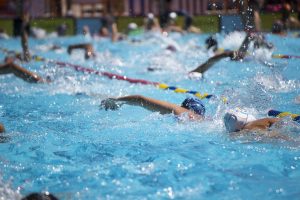
The Role of Motives in the Transition from Youth Swimming to Masters Swimming
March 27, 2019
| Heather Larson, University of Alberta
Masters sport is a great way for adults to have fun and stay active. Dionigi (2015) identified three categories of masters athletes, based on their pathway into masters sport. “Late bloomers” are those who don’t start participating in sport until...